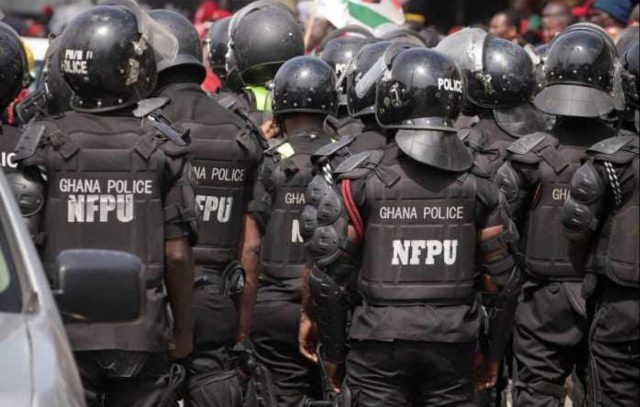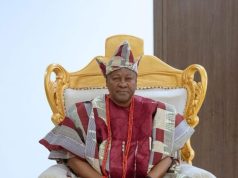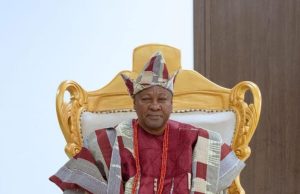By Ruth Adjorlolo
Vandalism and forms of violence after Ghana’s general election are becoming a disturbing trend observed globally. The January 6 United States Capitol Hill attack four years ago, where a mob stormed the Capitol Building, resulting in vandalism, looting, and loss of life, is a recent example.
Similarly in Ghana, the vandalisation of the President’s photograph at the NADMO Head Office in Accra is a sad reminder of destructive tendencies. The Damongo Municipal Electoral Commission (EC) has been reported set ablaze by angry youth due to the delay in the declaration of election results, which is another worrying incident. This has caused significant damage to the office and its contents. Such acts of vandalism and violence create unnecessary tension and fear among citizens.
It is essential for institutions like the National Commission for Civic Education (NCCE) to educate the public that voting for change is not a coup d’état. Promoting tolerance, respect, and peaceful coexistence are crucial in a democratic society like Ghana. According to International organization , IDEA, the credibility of elections is under threat globally, with fewer people turning out to vote and results being increasingly contested.
Vandalism after elections often manifests deeper societal issues like political polarisation, social inequality, and economic frustration. Governments, civil society organisations, and individuals must work together to address these issues and promote tolerance and peaceful coexistence.
To prevent vandalism, promoting civic education, encouraging dialogue between political groups, and strengthening institutions like the police and judiciary are essential. In addition, it’s crucial to address the root causes of such acts of vandalism, such as poverty, unemployment, and lack of access to education.
By providing opportunities for economic growth and development, governments can reduce the likelihood of organised hooliganism and vandalism and promote a culture of peace and stability.
Furthermore, the media plays a significant role in promoting peace and stability during elections. By reporting accurately and impartially, the media can help to reduce tensions and promote a culture of respect and tolerance.
Electoral tensions as a result of coalition misunderstandings and disagreements bring about heightened fear and anxiety as these lead to chaos in a democratic environment. This issue of vandalism and electoral conflicts must be well managed, and the youth in particular educated on the dangers of such actions.
In conclusion, vandalism after elections is a growing concern that requires urgent attention. By working together, governments, civil society organisations, and individuals can prevent vandalism and promote a culture of respect and tolerance in Ghana and around the world.


















